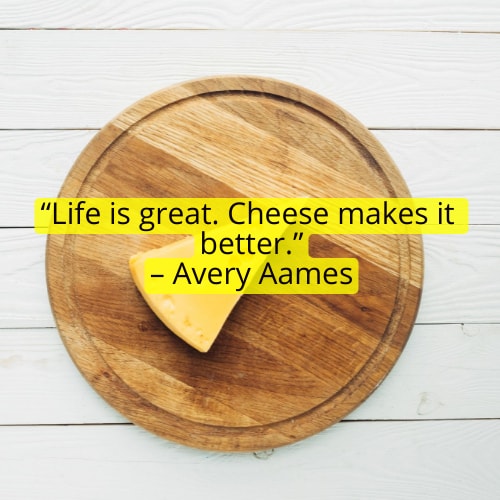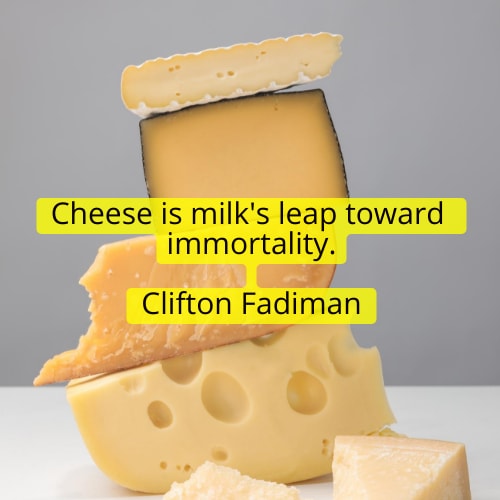Why do vegetarians eat animal products?

Credit: Pixabay/CC0 Public Domain
A new study by the University of Stirling has sought to understand why vegetarians consume non-meat animal products despite their concerns that animal agricultural production can be cruel.
Vegetarians choose not to eat meat, poultry, or seafood but often consume non-meat animal products (NMAPs), such as cheese, eggs, and milk, that can be derived from intensive farming, a process critics claim is cruel.
Researchers have described this conflict as the cheese paradox in homage to a 2010 study which coined the phrase “meat paradox” to describe the conflict between an affinity with animals and a desire to eat meat.
Stirling researchers found that vegetarians who participated in the study acknowledged that producing NMAPs can be harmful to animals, but that they found it easier to forgo milk while still enjoying cheese.
The presence of cognitive dissonance—the mental conflict that occurs when beliefs do not align with actions—was strongly supported by the data.
This was aptly demonstrated when comparing attitudes to milk and cheese. Vegetarians felt more ethical conflict about consuming milk than cheese, despite them coming from the same source.
Co-author Dr. Carol Jasper, a lecturer in psychology at the University of Stirling, said, “This is the first paper to examine why vegetarians still consume non-meat animal products.
“We discovered that, while vegetarians dislike animal cruelty, and often express disgust for liquid milk, they routinely consume cheese which is, of course, milk in its solid form.
“We found a conflict between people’s consumption of non-meat animal products, such as eggs and dairy, despite knowing the harmful consequences they entail.
“One way in which this cheese paradox could be explained is the process of dissociation, whereby the further a product is removed from its animal origin, the more willingly people…
..


